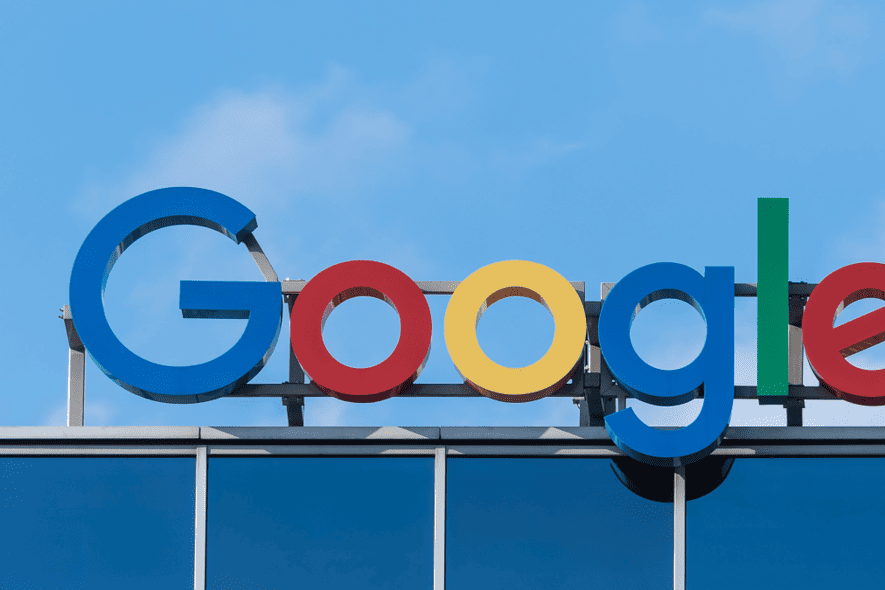Google's settlement with US state attorneys general on Android and Google Play finally revealed
4 min. read
Published on
Read our disclosure page to find out how can you help MSPoweruser sustain the editorial team Read more

Several years ago, 30 U.S. states filed a class action suit against Google alleging that its Play Store policies had violated U.S. federal antitrust rules by overcharging customers. In September, Google announced the court that it has reached a settlement and asked the court to cancel the upcoming trial. At that time, Google did not comment on the details of the settlement.
Today, the details of the settlement Google reached with state attorneys general were made public. First, Google will pay about $700 million in damages. Second, Google is making some key Play Store policy changes like user choice billing, ability for developers to promote cheaper pricing elsewhere, etc.
Epic Games CEO Tim Sweeney expressed his disappointment over this settlement. “The State Attorneys General settlement is an injustice to all Android users and developers. It endorses Google’s misleading and anticompetitive scare screens, which Google intentionally designed to disadvantage competing stores and direct downloads,” he tweeted.
“The States’ earlier filings made a strong case for $10.5 billion in damages, in line with Google’s unjustly collected 30% fees. I think they’d have gotten it if they’d stayed in the fight a few weeks longer to the overwhelming victory in court. An unfortunate outcome,” he added.
You can find the key highlights of the Google’s settlement below:
- Growing our commitment to app store choice: We have always allowed alternative app stores to be preloaded onto Android devices and for users to download alternative app stores directly. In fact, most Android devices ship with two or more app stores preloaded. The settlement with the attorneys general makes clear that OEMs can continue to provide users with options out of the box to use Play or another app store. We recently implemented features in Android 14 that will make third-party app stores work even better for users and let third-party app stores update apps more easily.
- Streamlining sideloading while prioritizing security: Unlike on iOS, Android users have the option to sideload apps, meaning they can download directly from a developer’s website without going through an app store like Google Play. While we maintain it is critical to our safety efforts to inform users that sideloading on mobile could come with unique risks, as part of our settlement we will be further simplifying the sideloading process and updating the language that informs users about these potential risks of downloading apps directly from the web for the first time.
- Expanding user choice billing to more people: App and game developers will be able to implement an alternative billing option alongside Google Play’s billing system for their U.S. users who can then choose which option to use when making in-app purchases. Google has been piloting user choice billing in the U.S. for over a year and will now expand this option further.
- Expanding open communication on pricing: We have always given developers more ways to interact with their customers than iOS and other operating systems. For example, Google Play allows developers to communicate freely with their customers outside the app about subscription offers or lower-cost options available on a rival app store or the developer’s website. This openness has spurred competition and benefited consumers and developers. As part of user choice billing, which we’re expanding with today’s settlement announcement, developers are also able to show different pricing options within the app when a user makes a digital purchase.
- Contributing to a settlement fund: Google will pay $630 million into a settlement fund to be distributed for the benefit of consumers according to a Court-approved plan and $70 million into a fund that will be used by the states.








User forum
0 messages